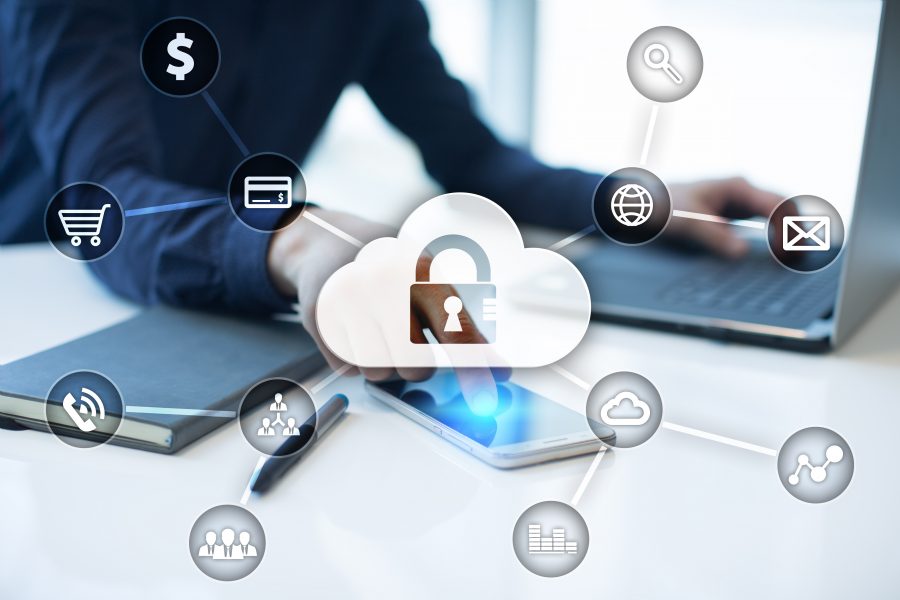<p style="text-align: justify;">For many companies, data is the most important intangible asset. Today, digital data is easy to manage and handle, but it also means that someone can also easily peek on your data and obtain a copy of it. In this case, you need to have proper data protection. It is something that you can’t overlook, because this could have devastating effects on your business. If you don’t protect your data, not only unauthorized people can access it, you may also lose if forever. There are many solutions to protect your data and in many cases, you need to consult a professional. However, your business could be unique and it’s possible that you have different requirements, in terms of data protection. In many cases, it is inappropriate to choose a single solution for all requirements. The simplest way to store data is fixed onsite storage. It is a direct solution of having a dedicated equipment to store data in your office. The data can be accessible by a single workstation, but if you need to share data, you will need to share it to others.</p>
<p style="text-align: justify;">This solution is acceptable for a small business, but you should also make sure that you are able to back it up. Another solution is cloud or offsite storage. It happens when you store data at an external location, such as data centers. These data centers are usually operated by professionals and in many cases, you can be sure that your data is protected. You will need to set up an account and you will need to pay monthly or annual subscription for that service. For professionals who travel often, they will need removable storage. The most common type of removable storage is USB flash drive, which is affordable and can store moderate amount of data for daily usages. External hard drive could allow you to bring around terabytes of data in a compact form factor. However, having data in removable storage is riskier, because USB flash drive can fail and external drives can be dropped. If your company need to transfer large amount of data, you consider having hot swap RAID arrays in your computer systems.</p>
<p style="text-align: justify;">Depending on the type of your storage, you should implement the most appropriate data protection. As an example, with hot swap means that your data is copied instantaneously to multiple drives in the system. It is possible that you copy corrupted data from a newly inserted drive to other drives in the array. To protect data in the RAID arrays, you should carefully screen all the drives. Your hot swap RAID arrays may need to be highly restrictive to safeguard your data bank. As an example, you should have identical drives with similar data configuration. Some businesses have NAS or network attached storage, which is appropriate for SOHO environments. The newly attached storage can be plugged into a workstation and it will become accessible throughout the rest of the network. You should make sure that this solution won’t harm your network.</p>

How Your Businesses Should Protect Data?
